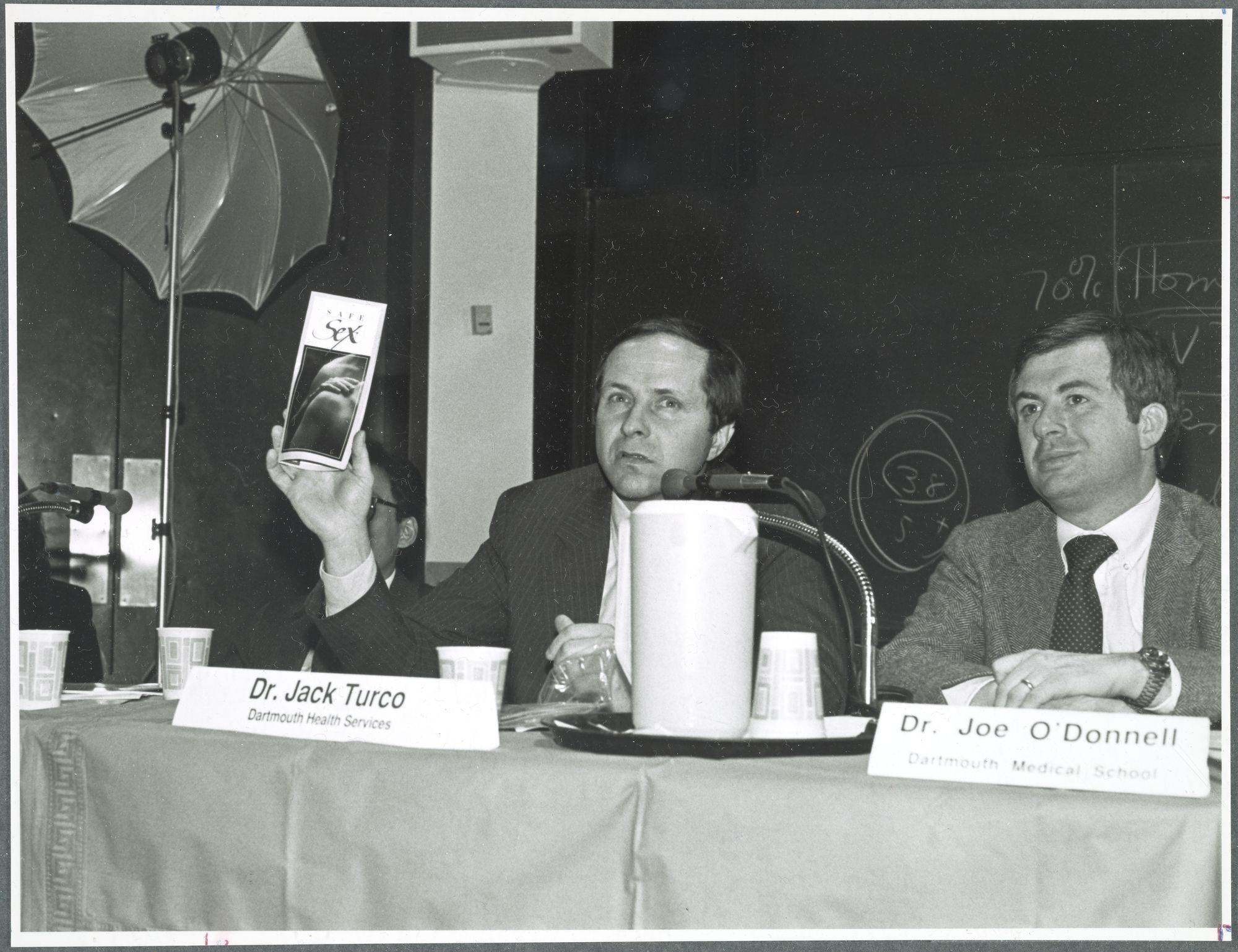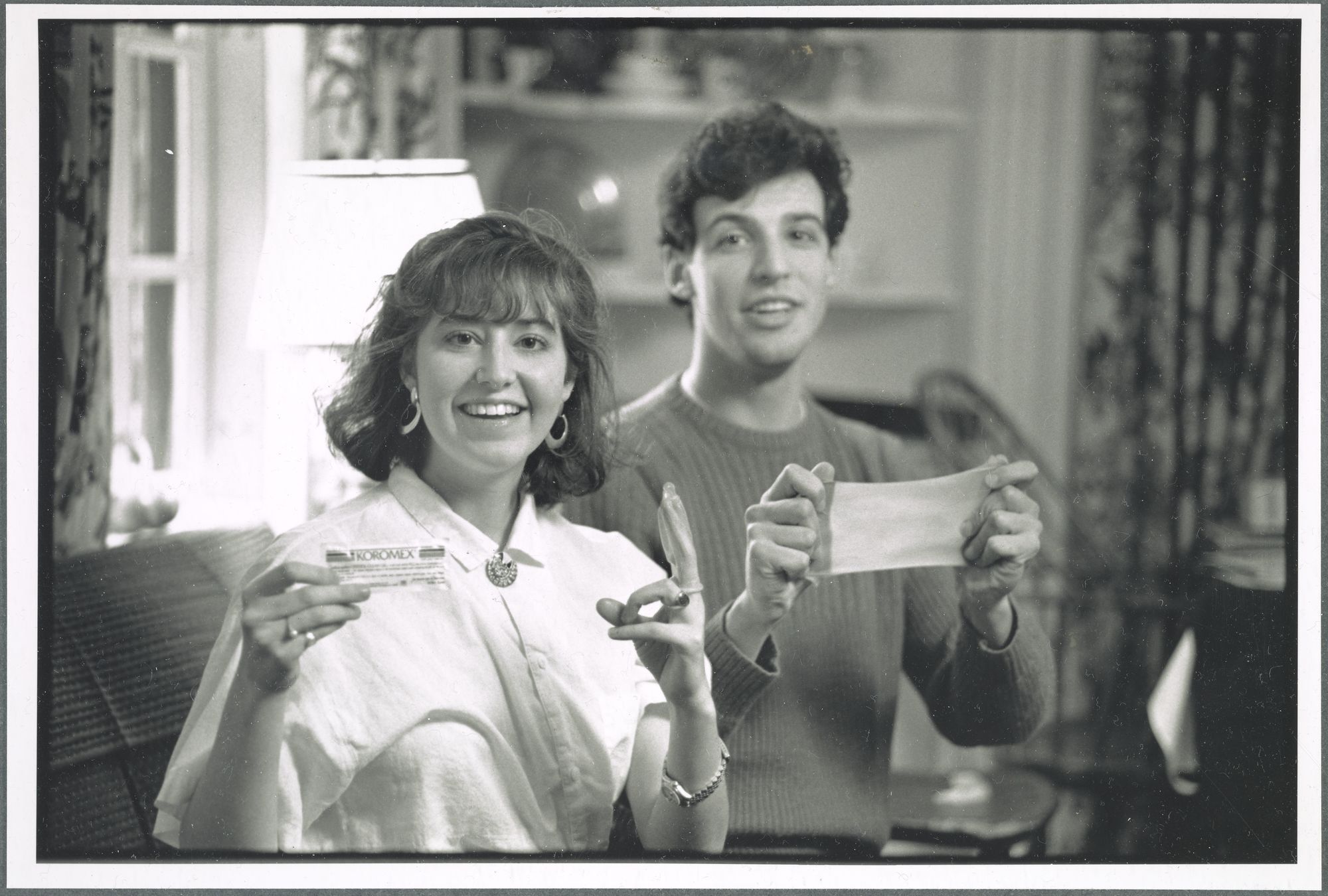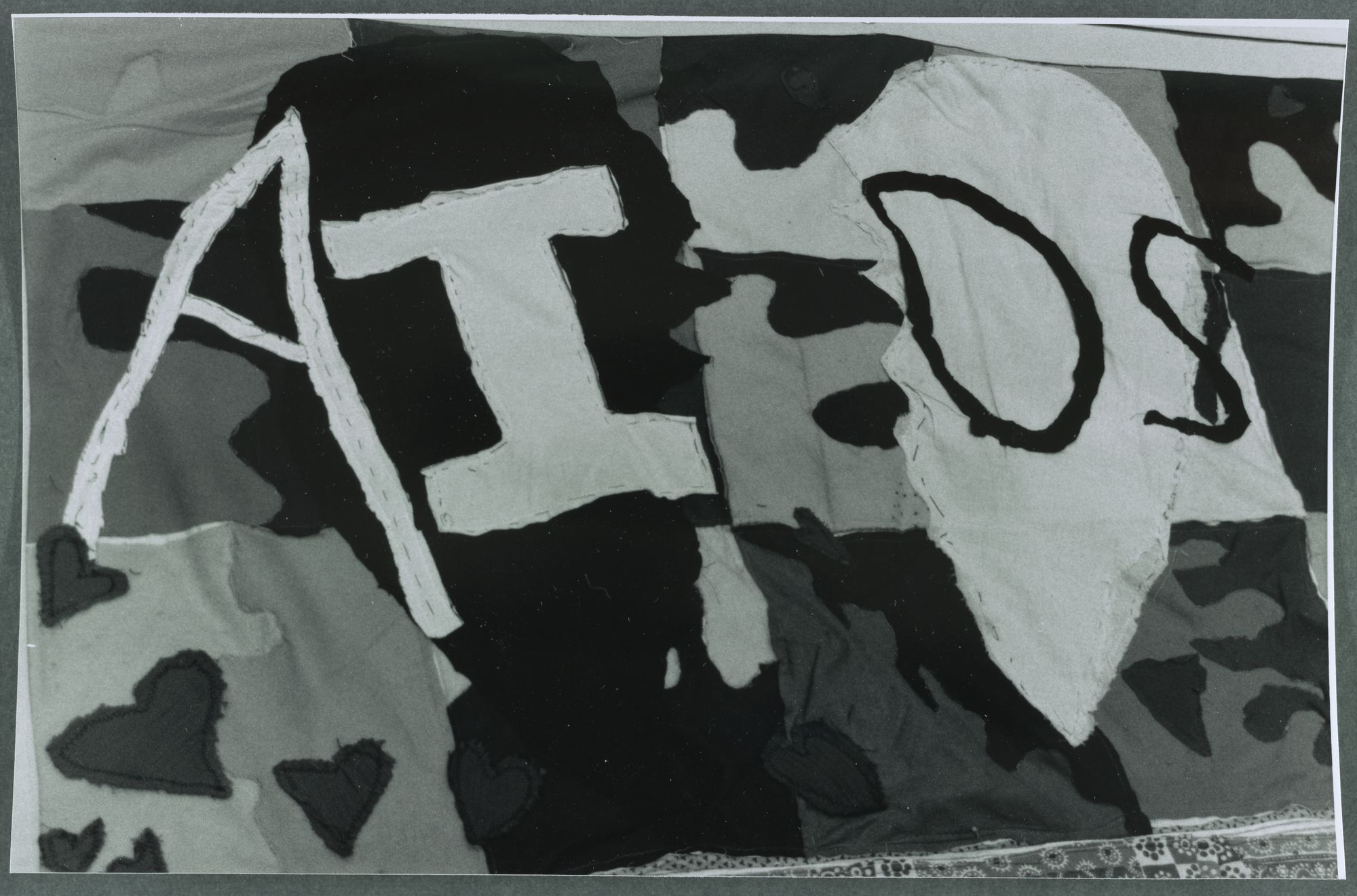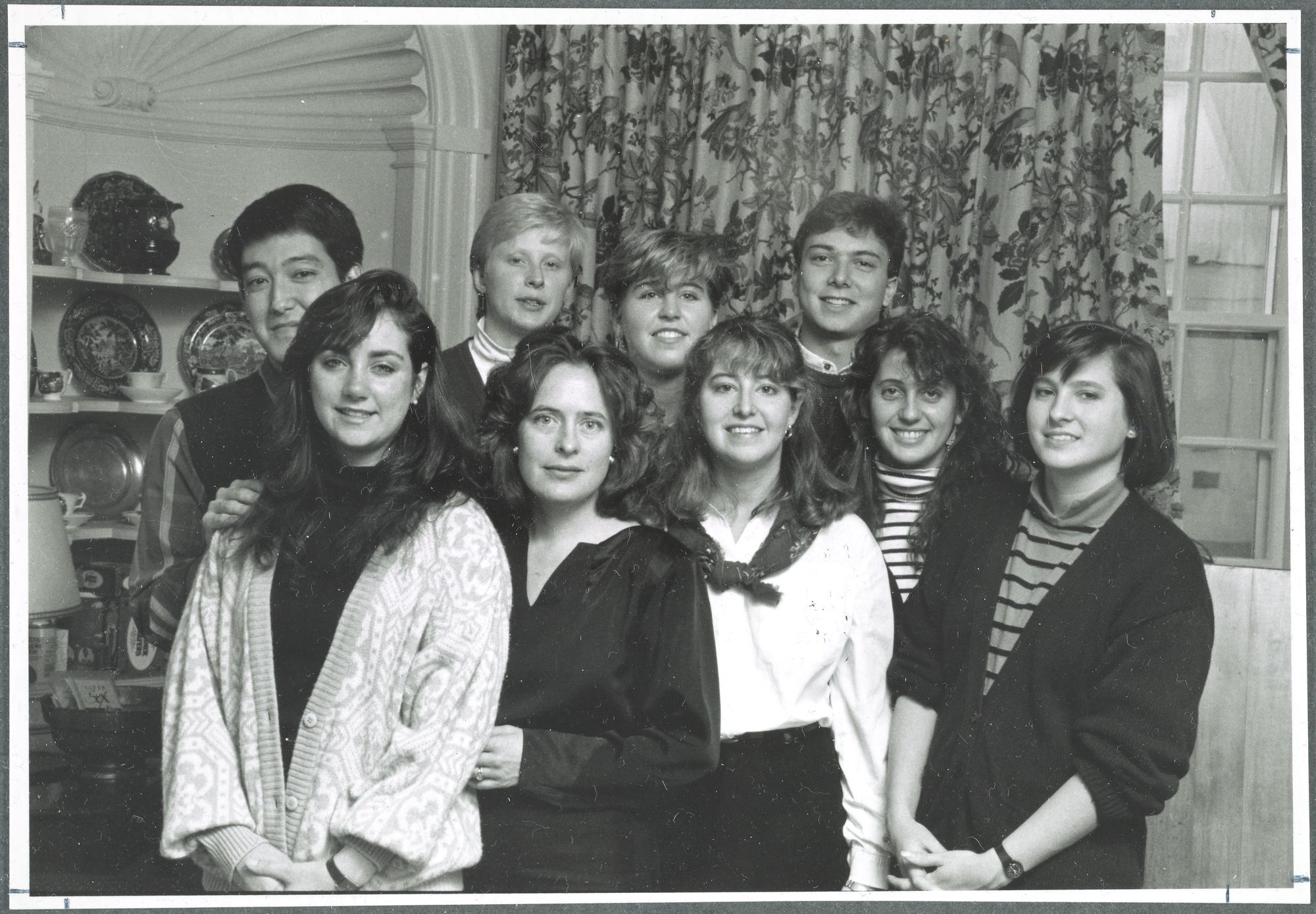An exhibit on the Dartmouth administration's and students' responses to the national AIDS epidemic of the 1980s. Exhibit curated by Leeza Petrov '22 as her final fellowship project.
AIDS and Safer Sex at Dartmouth
An exhibit on the Dartmouth administration's and students' responses to the national AIDS epidemic of the 1980s. Exhibit curated by Leeza Petrov '22 as her final fellowship project. Keep scrolling to view her curator's statement and exhibit index.
Curator's Statement
I began this fellowship in with little idea of what I was getting into. As a biology major with no background in archival research, the majority of the time I had spent in Rauner Library prior to this term was in the upstairs study room. Over the course of the term, I have learned just as much about the research process as I have learned from it. I would like to thank my advisor Val Werner ‘20, as well as the entire Rauner Library staff, for their advice, feedback, encouragement, and for re-paging all the files I was sure I didn’t need again until I did.
My research explored the College’s response to the national AIDS epidemic of the 1980s, both from an administrative and student perspective. I began my research expecting to find the same story at Dartmouth that I saw in many other communities — that the AIDS epidemic fostered homophobia and set back the gay liberation movement. While initially that may have been the case, a series of conflicts, controversies, and ironic coincidences throughout the mid 1980s changed the narrative.
Concern over the topic of AIDS was initially raised by the small minority of gay students in the early 1980s. The rest of the campus remained apathetic, viewing AIDS as a disease that only affected homosexuals. However, on the administrative front, the College had a markedly progressive response to both sex education and support of gay students. Early responses to the concern of AIDS were headed by Dick’s House director Dr. Jack Turco and the office of Health Education, led by Beverlie Conant Sloane, as well as Dean of the College Ed Shanahan.
Throughout this period, conservative student groups such as the Dartmouth Review attempted to push back on administrative advancements with bigoted and moralizing rhetoric. The publication fabricated controversy both on campus and off, with national media picking up the ‘Dartmouth Safer Sex debate.’
Ironically, and likely contrary to the intentions of the Review, controversy generated widespread student interest about AIDS and paved the way for the work of student organizations, such as student organizations like Responsible AIDS Information at Dartmouth (RAID) and the Gay Student’s Association (GSA, later DaGLO) to dispel harmful stereotypes characterizing AIDS as a fringe queer concern and make the disease a mainstream cause of conversation on campus.
Thus, while initially AIDS may have exacerbated negative attitudes towards gay students, it later acted as a catalyst to opening up Dartmouth’s campus to more progressive views about both safer sex and homosexuality.
By no means was homophobia eradicated after the late 1980s, but I hope this exhibit shows that progress was — and can be — made even in the face of fear and darkness. I would like to thank all the gay student leaders on this campus for advocating for themselves and their community, as well as Dr. Turco and Beverlie Conant Sloane for their efforts in moving the needle and educating students about safer sex. Finally, I would like to honor both those who lost their lives to HIV/AIDS, as well as the tireless work of survivors, caregivers, and advocates everywhere.
 Historical Accountability Student Research Program
Historical Accountability Student Research Program



